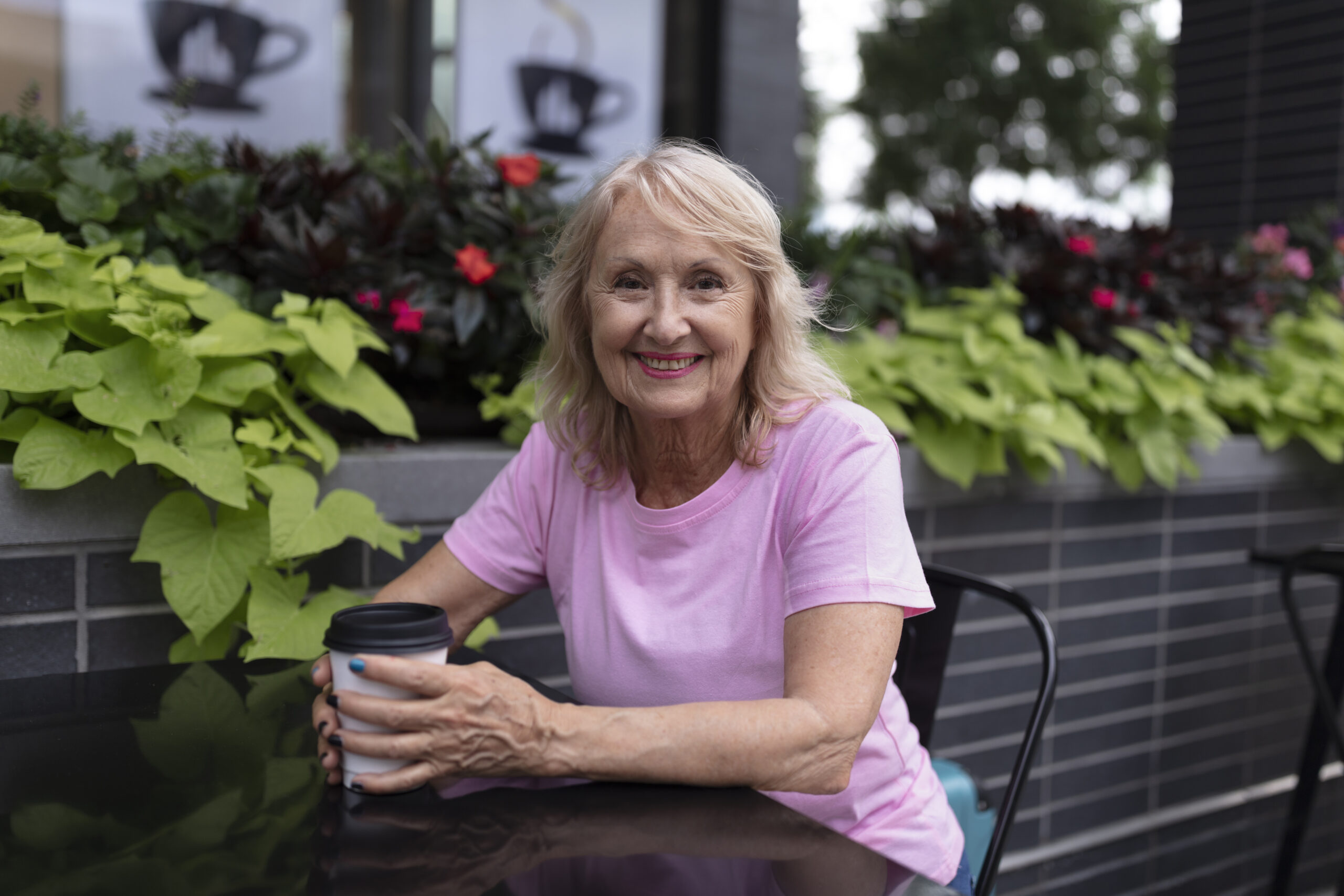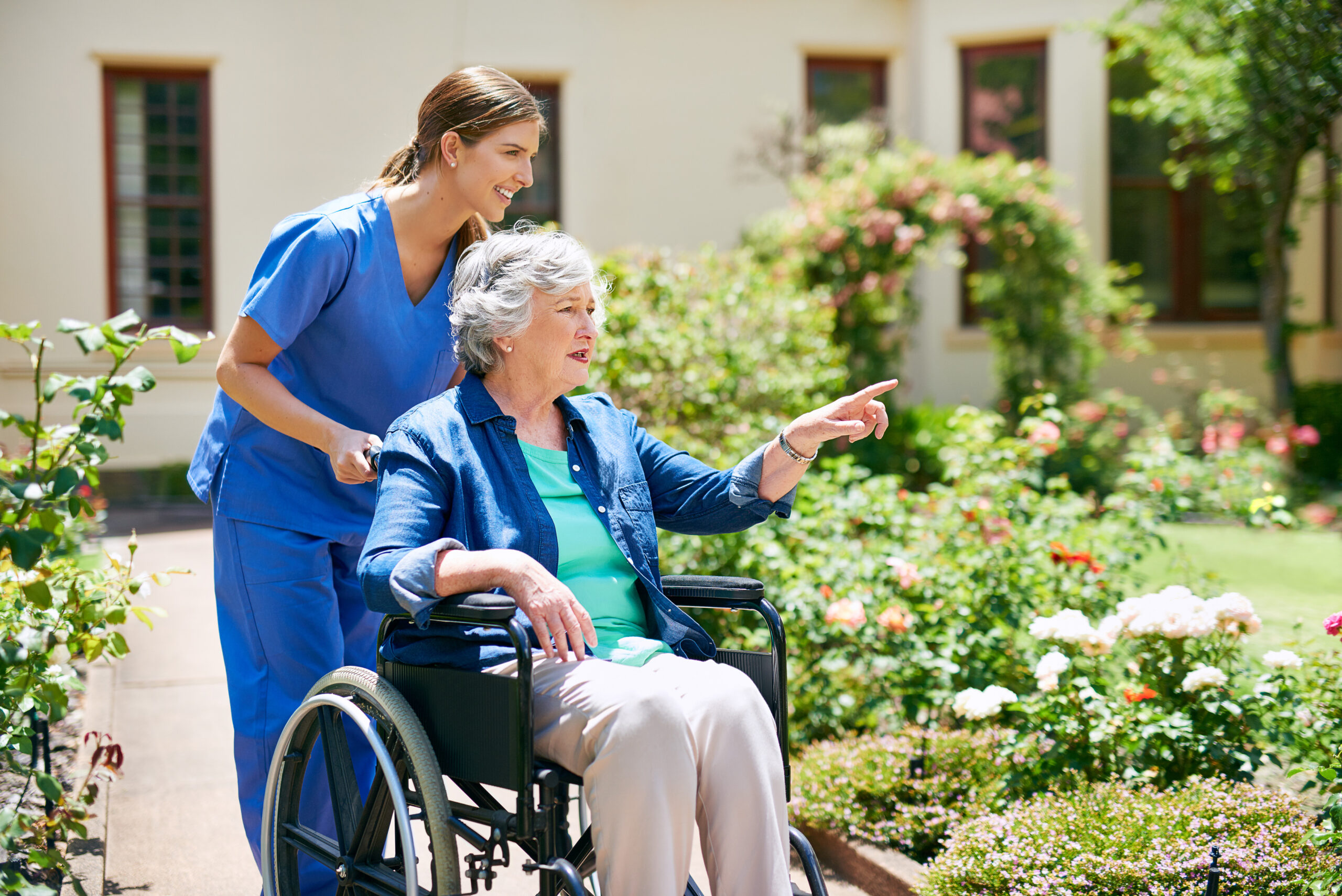Can Illness Isolate the Elderly?

In times of crisis, people are often united. It is generally thought that the illness of a person will act to gather their friends and loved ones around them. However, a study published by Concordia University indicates that people who are suffering from a chronic illness are often more lonely. Even more surprisingly, this includes people in a relationship with someone, who they have been with for at least 50 years already.
The study was carried out in the Personality, Aging, and Health Lab in Cordia, by a team of researchers. Although it has been demonstrated that feeling lonely can have negative effects on an existing illness, researchers wanted to see if this really went both ways. There was not much solid evidence that illness could actually make people feel more lonely.
The first author of the study, Meaghan Barlow, said that the team was “… surprised by the amount of literature that examined whether people who are lonely are more likely to get sick.” However, it was difficult to find any data about sickness making people more lonely. Sarah Liu co-authored the study. They used a sample of 121 elderly people, with many of them being past 70 years of age. Carsten Wrosch, who has the position of research chair at Concordia’s aging and health department, oversaw the study. The sample of the elderly was observed throughout the period between 2004 and 2012.
Being isolated is likely one of the last things that people want to face when they are sick. However, this study shows that as people become older, they do face isolation after being diagnosed with a serious illness. Even people who have a stable partner living with them, such as a spouse, are not immune to these effects of loneliness. It just isn’t always enough to keep the seriously ill from feeling isolated.
A large part of the reason that people become lonely when they are given a bleak diagnosis, is that they lose motivation. Without the desire to socialize with people, such as with visits and activities, it is easy to start to feel all alone. This works in a negative cycle, with motivation dropping even further, as more feelings of isolation set in, and so on.
The data from the study shows that people can use strategies to guard themselves against becoming stressed and unhappy while dealing with a serious illness. One of the main things is to avoid self-blame for the illness. Having thoughts of being at fault for developing an illness, or making life difficult for other people, can cause people to shut themselves off from society. However, ending social interactions usually just makes things worse, both mentally and physically. This is much easier in theory, as many people already understand all too well. It can be hard to find motivation to see other people, especially when suffering from a terminal illness. Finding hope can often be one of the best medicines, but the medical industry is quickly learning how to deliver the right mixture of medical assistance, and mental help.
What society will face is the problem of encouraging an aging populace to want to stay active in their social lives. This is largely based around psychology, which has already been shown to have a huge effect on the physical health of the elderly. Simply being inspired by social interactions, and feeling as though there is something positive to look forward to, can give people with illness a huge boost. The first author of the study, Barlow, stated that connecting with others is a good way to avoid self-blame for being ill. It is not always possible to rely on a partner or spouse to fulfil every social role.
One of the key steps for helping an elderly family member, who is seriously ill, is to encourage them to keep living life. This might not always be easy, and sometimes it simply seems impossible. However, there are trained medical professionals who understand how to deal with these delicate situations. Finding the right aged care workers, and facilities, can be one of the most powerful tools for helping seriously ill people to live a longer, and happier, life.










